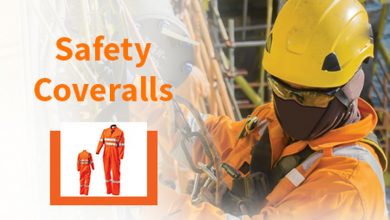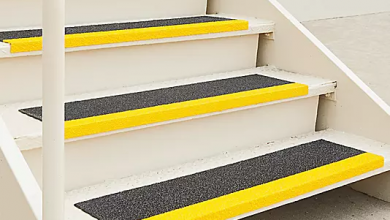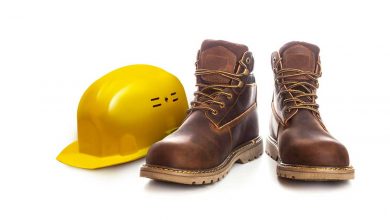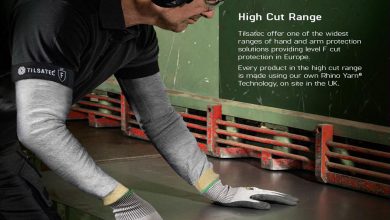The Ultimate Guide to Safety Coveralls: Types, Uses, and Selection Tips
Safety coveralls are an essential component of personal protective equipment (PPE) across various industries. They provide a crucial barrier against hazards, ranging from chemical spills to thermal risks. This comprehensive guide will explore the different types of safety coveralls, and their applications in various sectors, and provide practical tips on selecting the right type for your specific needs.
Types of Safety Coveralls
- Disposable Coveralls
These are typically made from lightweight, breathable materials like polypropylene and are used in environments where light splashes and dust are a concern. They are ideal for pharmaceutical labs, hospitals, and certain chemical processing operations.
- Chemical-Resistant Coveralls
Designed to offer protection against hazardous chemicals and toxic particles, these coveralls are made from materials like Tyvek or heavy-duty PVC. They are commonly used in petrochemical plants, labs, and cleanup operations involving hazardous materials.
- Flame-Retardant Coveralls
These are essential in industries where there is a risk of fire or explosions, such as welding, oil and gas, and electrical work. Made from materials that can withstand high temperatures, these coveralls help to prevent burns and mitigate fire hazards.
- Insulated Thermal Coveralls
Used in cold storage operations and outdoor construction sites in cold climates, these coveralls provide thermal insulation in addition to protecting against occupational hazards.
- High-Visibility Coveralls
These are crucial in environments where visibility is key to safety, such as construction sites and road work areas. Typically, bright yellow or orange with reflective strips, they ensure that the wearer is seen in low-light conditions.
Uses Across Industries
- Construction and Engineering:
In these sectors, safety coveralls protect against a myriad of risks including dust, debris, and the elements. High-visibility options are particularly important for site safety.
- Chemical and Pharmaceutical:
These industries require stringent controls to protect against chemical exposures. Chemical-resistant coveralls are a necessity for handling hazardous substances safely.
- Oil and Gas:
The oil and gas industry presents unique challenges such as explosive chemicals and extreme temperatures. Flame-retardant coveralls are routinely used to protect workers from fire hazards and thermal risks.
- Agriculture:
Farmers and agricultural workers use coveralls to protect themselves from pesticides, fertilizers, and other potentially harmful chemicals, as well as general dirt and grime associated with farming.
- Healthcare:
Especially relevant in response to outbreaks and pandemics, disposable coveralls are used in healthcare settings to prevent the transmission of infectious agents.
Selection Tips
- 1. Assess the Hazard:
Identify the specific hazards in your workplace—chemical, thermal, electrical, or biological—to determine the type of coverall that is most appropriate.
- Consider the Material:
The material of the coverall should be chosen based on the type of protection needed. Options range from lightweight, breathable fabrics to heavy-duty, chemical-resistant materials.
- Fit and Comfort:
Ensure that the coveralls fit well and allow for comfortable movement. Poorly fitting coveralls can restrict mobility and even compromise the level of protection.
- Durability and Standards:
Select coveralls that meet industry standards and are durable enough to withstand the conditions of your work environment. Regular replacement and maintenance are also important to ensure ongoing protection.
- Additional Features:
Look for features that enhance safety and usability, such as elastic cuffs, hooded designs, and waterproof finishes.
Selecting the right safety coveralls is critical for ensuring the safety and well-being of employees across various industries. Whether you’re dealing with chemical hazards or thermal risks, the appropriate coverall can mean the difference between a safe workforce and a dangerous work environment. For businesses in need of quality PPE, including top-tier safety coveralls, consider safety equipment suppliers in Dubai who are equipped to provide a range of options tailored to meet your specific needs.
With a comprehensive selection of safety gear, from coveralls to cut-resistant gloves in UAE, and more, Takmeel Trading is your go-to source for reliable, high-quality safety solutions. Equip your workforce with the protection they need to perform their best, safely and efficiently.




